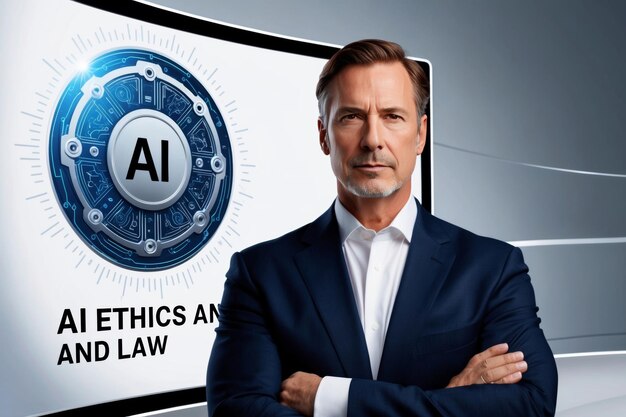No, Sam Altman: AI Won’t Solve All of Humanity’s Problems – A Critical Perspective
Despite the optimistic predictions made by some leading figures in the tech industry, including Sam Altman, Co-chair of OpenAI and President of Y Combinator, it is crucial to acknowledge that Artificial Intelligence (AI) won’t magically solve all of humanity’s problems. Although AI has shown remarkable progress in various domains, from image recognition to natural language processing, there are several reasons why we should approach such claims with a healthy dose of skepticism.
Limitations of AI: The Complexity of Human Emotions
One of the most significant challenges for AI is understanding and processing human emotions. Humans experience a vast range of complex emotions, many of which cannot be easily quantified or programmed into machines. For instance, empathy, love, and compassion are intricately linked to our biological makeup and cultural contexts, making them difficult for AI to replicate.
Limitations of AI: Ethical Dilemmas
Another major concern is the ethical dilemmas that come with the development and deployment of AI. As AI continues to become more sophisticated, it will raise complex questions about morality, accountability, and transparency. For example, how can we ensure that AI systems make fair and unbiased decisions, especially when these decisions could significantly impact people’s lives?
Limitations of AI: Human Agency and Control
Additionally, the increasing reliance on AI could lead to a loss of human agency and control over certain aspects of our lives. While some argue that this could lead to increased efficiency, there are valid concerns about the potential consequences of surrendering too much control to machines. For instance, what happens if AI makes a decision that goes against our values or interests? How do we maintain oversight and ensure that the development of AI aligns with our collective goals as a society?
Limitations of AI: The Role of Human Creativity
Lastly, there are several domains where human creativity and ingenuity will continue to be essential. For example, in the arts, science, and engineering, humans possess unique abilities that cannot be replicated by machines. While AI can assist and augment human creativity, it cannot replace the inherent value and depth that comes from a human perspective.
Conclusion: AI as a Tool, Not a Panacea
In conclusion, while Sam Altman and others may believe that AI will solve all of humanity’s problems, it is essential to remember that AI should be viewed as a tool rather than a panacea. By acknowledging its limitations and challenges, we can ensure that the development of AI benefits society as a whole and does not create new problems or exacerbate existing ones. Ultimately, it is up to us – humanity – to guide the future of AI and ensure that its potential is realized in a way that aligns with our values and interests.

Critically Examining Sam Altman’s Perspective on AI
Sam Altman, a renowned figure in the tech industry, is best known for co-founding two groundbreaking organizations: OpenAI and Y Combinator. OpenAI, a non-profit research institute, is focused on advancing artificial intelligence (AI) in a way that benefits humanity as a whole. Y Combinator, an influential startup accelerator, has launched over 2,000 companies, including Dropbox, Airbnb, and Stripe. Altman’s belief in the transformative potential of AI is palpable, as he views it as a technology with the power to reshape our world in unprecedented ways.
Background on Sam Altman and His Views on AI
In this article, we will critically examine Altman’s perspective on AI, highlighting limitations and challenges that are often overlooked in the excitement surrounding this transformative technology.
Co-founder of OpenAI and Y Combinator
Altman’s work with OpenAI, an organization dedicated to advancing AI in a responsible and ethical manner, demonstrates his commitment to the long-term potential of this technology. His role as co-founder of Y Combinator, a startup accelerator that has launched over 2,000 companies, further solidifies his position as a thought leader in the tech industry.
Belief in the Transformative Potential of AI
Altman’s views on AI are rooted in a belief that it has the potential to revolutionize industries and solve some of humanity’s most pressing problems. He emphasizes the importance of investing in AI research and development, as well as ensuring that it is used responsibly and ethically.
